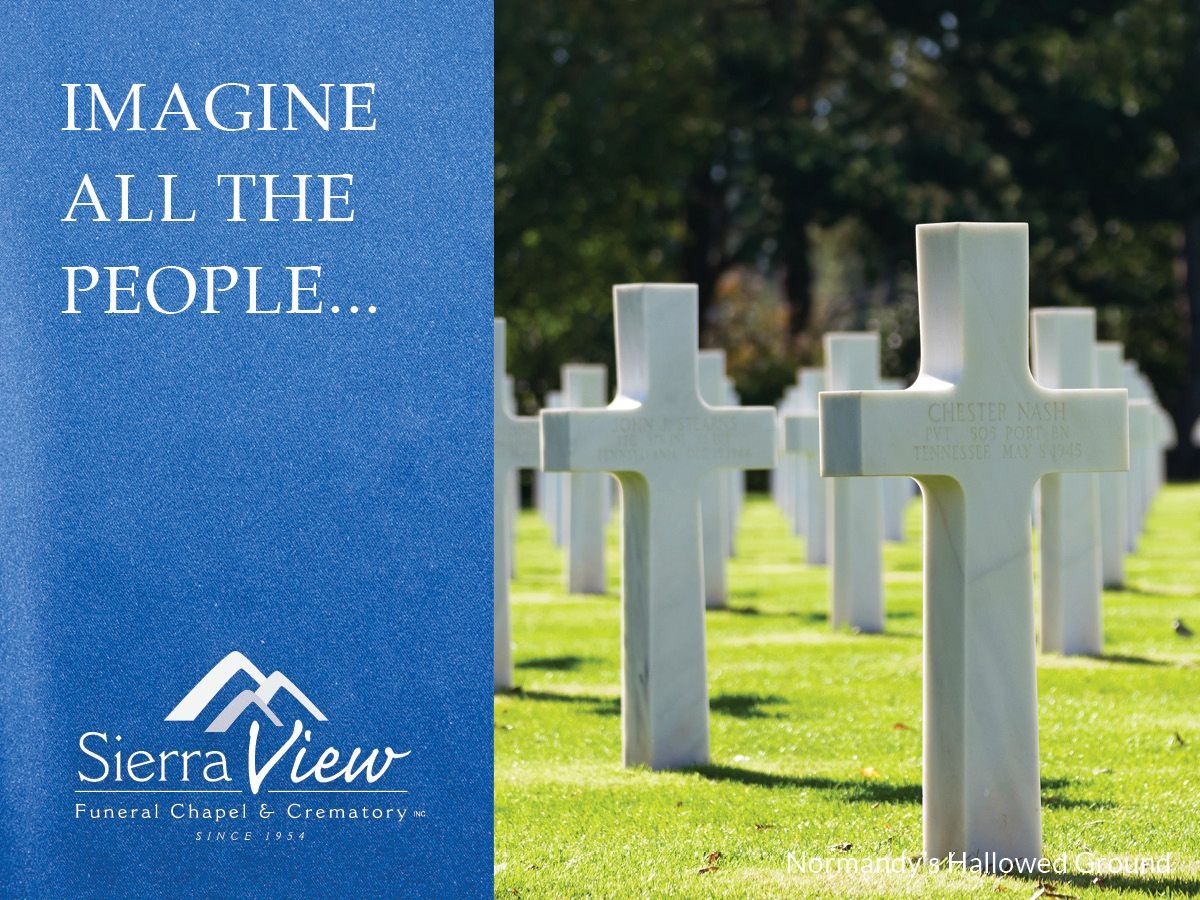We All Love in Very Different Ways: Preserving the Family Relationship While Planning a Funeral
We All Love in Very Different Ways: Preserving the Family Relationship While Planning a Funeral
You are with someone with whom you share some history. Maybe it’s a brother, sister, or a childhood friend. You are talking about an event from the “old days” and you suddenly realize you all remember the event a little differently. Most of us have had this experience. Our relationships work in a similar fashion. The way we love, like the way we remember, is unique to each of us.
A man’s children know him as Dad. Each child knows and loves a slightly different Dad. His wife knows and loves him in yet a different way. A wife may know fears, strengths, hopes, and dreams children never saw. They all love, but in such different ways. Though not a bad thing, it can add to the stress a family experiences during a death and subsequent funeral planning.
So how do you preserve your family relationship and plan a funeral that provides comfort for each family member?
1. Establish a common goal. For example: “We want a funeral that reflects Mom’s life, her love for us and our love for her.”
2. Understand someone has the final say. This is usually the person who is financially and legally responsible.
3. Agree to listen to each other. REALLY listen with purpose. Listen to understand a point of view, not with the singular intent of getting to the good part where you get to say what you want.
4. Seek input from a variety of close family members or friends. Don’t forget the little ones. Ask them about grandma. What did they love to do with her? Do they have a special memory or story?
5. Let go. Realize everything is not going to be as you would choose. Give a little or maybe even a lot.
6. Ask for a time out when you need it. Your first reaction to someone’s idea may be tempered with a little time and thought.
7. Use your questions: Tell me more about that? Why is ______ important to you?
8. Take the advice of Stephen Covey from The Seven Habits of Highly Effective People, “Seek first to understand and then be understood.”
Emotions are raw when families are mourning a death. Tread lightly and be kind. Remember you may want to have Thanksgiving dinner with these people in a few months!










